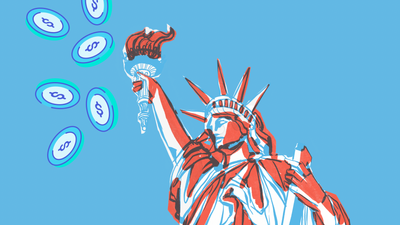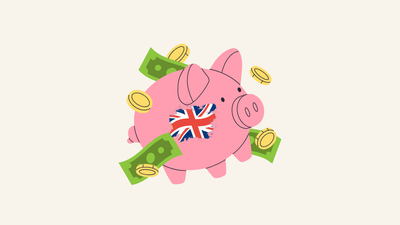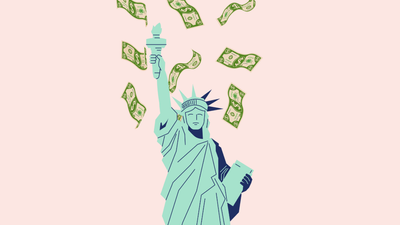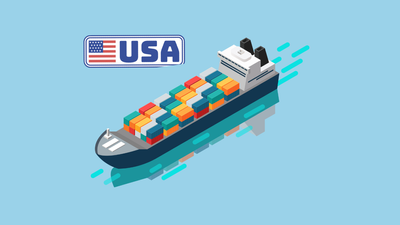Memo: How Tariffs impact Markets
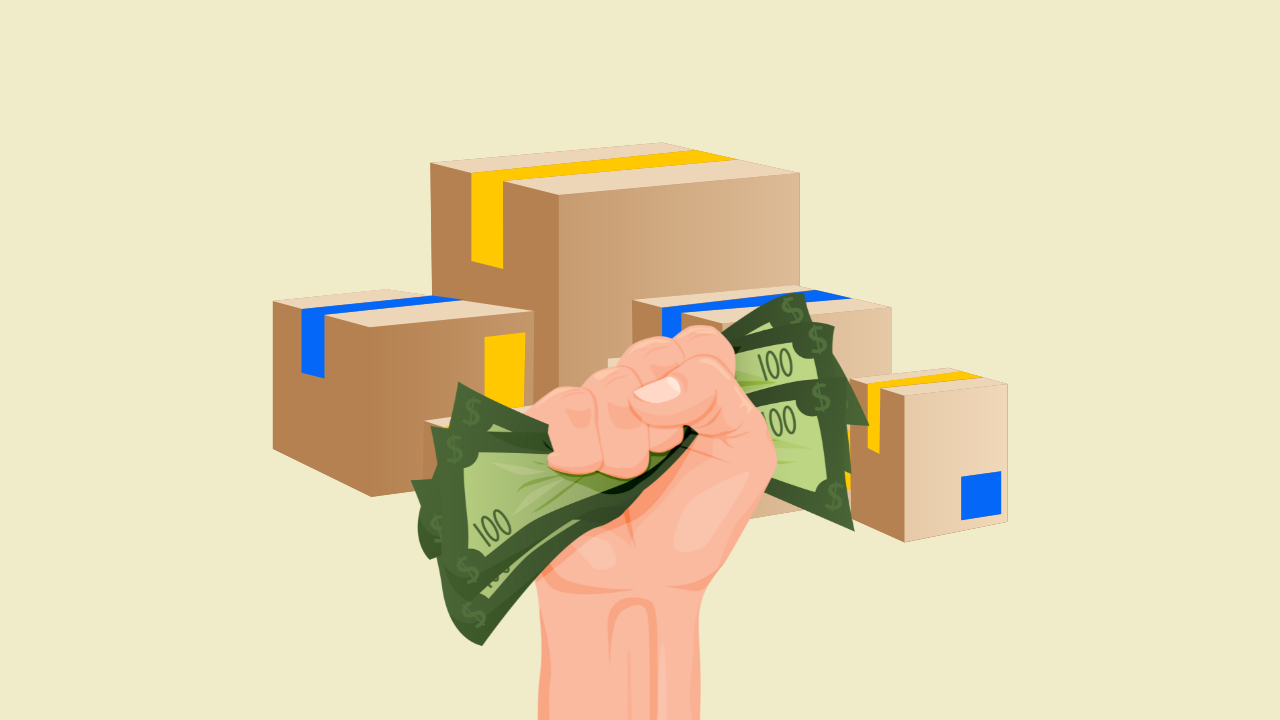
Hi ZipLawyer! Today’s Memo:
🇺🇸 Trump’s Liberation Day
💧 KKR to save Thames Water
🗓️ What will happen this week?
😷 Shoosmiths leads on COVID case
✅ Linklaters, Slaughters head Vodafone-Three Merger approval
🙋 What is a Debt-to-Equity Ratio?
How Tariffs impact Markets
The big story this week will come on Wednesday 2 April. Trump called it Liberation Day i.e. the day he will announce his plans to impose new “reciprocal tariffs”—essentially matching the trade barriers other countries place on the US.

These tariffs could target key sectors like automobiles, steel, and tech, increasing the cost of imported goods and disrupting global supply chains.
Here's what this means:
- Tariffs raise the cost of imported goods.
- That hurts companies’ profits and consumers’ wallets.
- Investors don’t like uncertainty, so they pull money out of stocks and park it in safer places like gold or government bonds.
- This shift causes markets to fall and safe-haven assets to rise in value (Investors rushed into gold, pushing it up to over $3,100 an ounce. Gold is often seen as a “store of value” in times of crisis).
- If things get bad enough, central banks may cut interest rates to encourage borrowing and keep the economy moving (Goldman Sachs now expects three rate cuts from Federal Reserve and the European Central Bank this year).
KKR saves Thames Water?
Thames Water has picked KKR as its preferred bidder to lead a £4bn equity injection and overhaul the debt-ridden utility. A deal is expected by mid-2025, with recapitalisation to follow. But there’s a catch: senior creditors face “material impairment” under the proposal. After a £3bn emergency loan, Thames needs fresh capital and creditor concessions to avoid collapse. KKR now heads into complex talks with both the company and its lenders to sort out the messy debt structure—and save the UK’s biggest water firm from going under.
Calling for Exemptions
Keir Starmer called Donald Trump to avoid the UK getting hammered by new US tariffs set for Trump’s “Liberation Day” on Wednesday. Talks of a UK-US economic deal are ongoing, but so far, no breakthrough. With 25% car tariffs already locked in and more on the way, the UK risks a major economic blow—just as businesses face tax hikes and rising wage costs at home.
Week Ahead

Monday: All eyes on China’s March manufacturing PMI – a bellwether for how its economy is absorbing tariff pressure. Meanwhile, South Korea reopens the gates for short selling, lifting a ban that’s been in place since the pandemic era.
Tuesday: Eurozone inflation is tipped to inch down to 2.2%, keeping the ECB on its toes. Over in the US, Florida heads to the polls with two special elections that could stir up Capitol Hill. Down under, the RBA is expected to pause rate hikes as inflation slows.
Wednesday: Trump’s so-called “liberation day” tariffs are set to drop – trade tensions back on the boil. In response, Canada readies retaliatory tariffs of its own. Expect fireworks.
Thursday: Buckle up: US auto tariffs could officially roll in. And across the pond, NATO foreign ministers huddle for a crucial meet-up amid rising global tensions.
Friday: The big one: US jobs report for March lands. Analysts expect a softer job market – a potential green light for future Fed rate cuts.
Shoosmiths leads on COVID claim
Subscribe to continue reading


